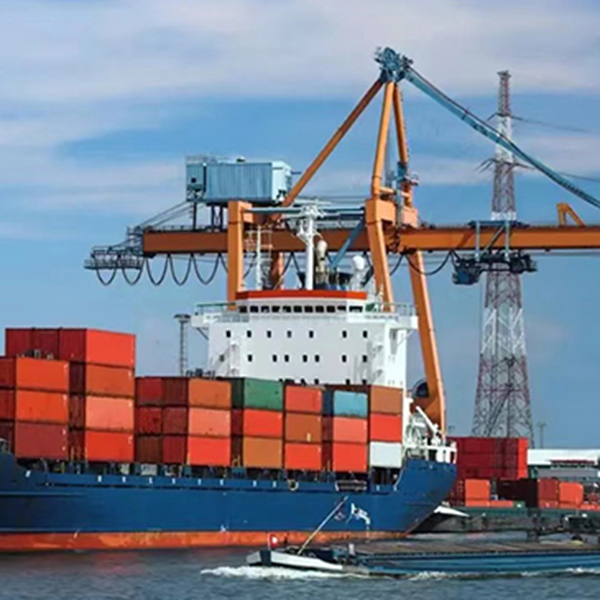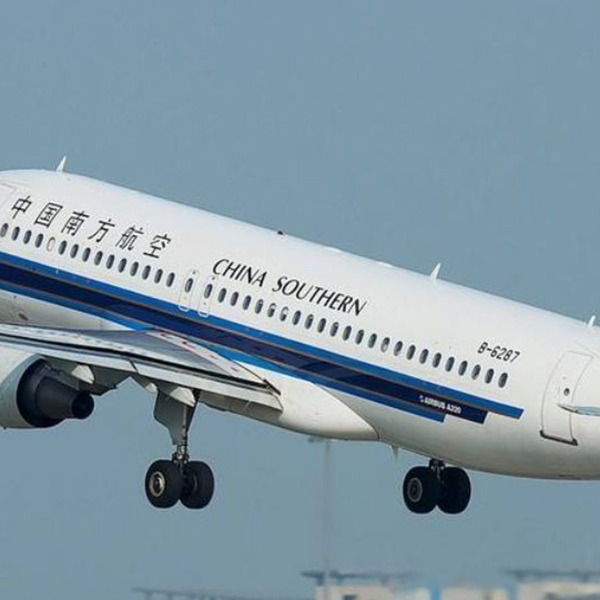The Chinese nickel sulfate market lost steam at the end of 2022 when the country discontinued its subsidies on electric vehicle purchasing, resulting in a domestic market that weakened to the point where country competitors – such as Japan and South Korea – were stronger.
There were also Chinese traders who saw export opportunities. “The price gap is so wide that producers [in China] are all eyeing opportunities to do tolling for exports,” said a trader source in Shanghai, who is a business trip to neighboring countries. Cheap Air Freight From China

“To meet ESG standards, we are considering to export some black mass-made sulfate overseas like into Europe, where premiums are higher [than in China],” said another trader in east China.
Typically, China is the world’s major producer and consumer of nickel sulfate, so sulfate imports and exports out of it were previously uncommon.
A noticeable increase in nickel sulfate shipped out of China, however, has been seen in May and April, when the tonnages respectively totalled at 1,121 tonnes and 3,571 tonnes, a stark contrast to 11 tonnes at the start of the year.
This comes against positive export terms that have already been in place since last year, leading to this question: Is it sustainable for China’s cheaper nickel sulfate to keeping making its way over to Japan and South Korea?
Fastmarkets previously had reported on mixed hydroxide precipitate (MHP) becoming the preferred route to produce nickel sulfate in China, while nickel metal dissolution remains the primary production route for nickel sulfate in ex-China markets, resulting in diverging price levels between the two regions.
Products such as MHP typically trade at a percentage/payable to the London Metal Exchange nickel price, the base line cost for feedstocks is significantly less than sulfate producers who use LME-deliverable material, which is purchased at a premium.
As a result of this gap in sulfate production costs, Fastmarkets recently refined its Cif East Asia nickel sulfate price to remove China from the specifications.
Increasingly, more and more participants are looking to develop capacity to convert MHP outside of China due to its cost-effective nature.
Despite the significant price gap between Chinese and ex-Chinese sulfate markets, this has not translated into a bright spot for Chinese sulfate exports, Fastmarkets heard.
Fastmarkets’ weekly price assessment for nickel sulfate min 21%, max 22.5%; cobalt 10ppm max, exw China was 33,500-34,000 (4,639-4,7808) yuan per tonne on Friday, a modest increase of 0.75% from one week before. The price had been falling steadily since late last year, though a tepid recovery has been seen in recent demand.
Fastmarkets’ most recent price assessment for nickel sulfate premium, cif Japan and Korea was $1,200 per tonne on Friday, unchanged from last week but a 20% increase from June 9.
“Despite the cost competitiveness, I don’t see the need to buy Chinese sulfate, since we can certainly pivot toward cheaper MHP for feedstocks as well, but the geopolitical and environmental concerns remain when it comes to Chinese sulfate,” a Japanese trader source said, adding that their favorite sulfate originates from Australia and Taiwan.
US President Joe Biden introduced the Inflation Reduction Act (IRA) in August last year, with tax credits up to $75,00 for the qualified EV purchases, aiming to encourage local mining and manufacturing, and wane demand off its non-free trade partners, such as China.
To qualify the tax breaks, at least 80% of the lithium, cobalt, nickel and manganese used in their construction has to be extracted and processed in the US – or in a country with which the US shares a free trade agreement.
Compared to lukewarm responses toward lower-priced sulfate from China, inquiries for MHP from Japan and South Korea are picking up, Fastmarkets heard.
There is firm belief that MHP conversion capacity will grow outside of China with ex-Chinese participants racing to secure the feedstock suppliers due to cost-advantage benefits.
Although the Chinese have been pouring resources into MHP investment within mineral-rich Indonesia, only two sulfate producers in South Korea can take MHP as a primary feedstock to produce battery grade nickel sulfate.
“MHP supplies are still dominated by China, but it’s different from sulfate; less risky, and its cost competitiveness is a key driver for us to consider buying,” said the first Japanese trader source.
“We are looking for MHP suppliers in the market, preferably non-Chinese-invested, given the geopolitical risks,” a second Tokyo-based trader source said with concern, adding that Chinese MHP is also acceptable.
Keep up to date with the latest news and insights on our dedicated battery materials market page.
Feb 26-28, 2024 |Hong Kong (SAR China)
Join 800+ of your international colleagues at the region’s largest trading event. Meet with representatives from across the supply chain, reconnect with existing contacts, negotiate new deals and meet new partners.
Our free, comprehensive short-term forecast sample allows you to stay up to date with the latest prices and trends within the industry.

Best Freight Forwarding Companies In China Benchmark Administration Terms of Use | Privacy Notice | Modern Slavery Act | Subscription Standard Terms